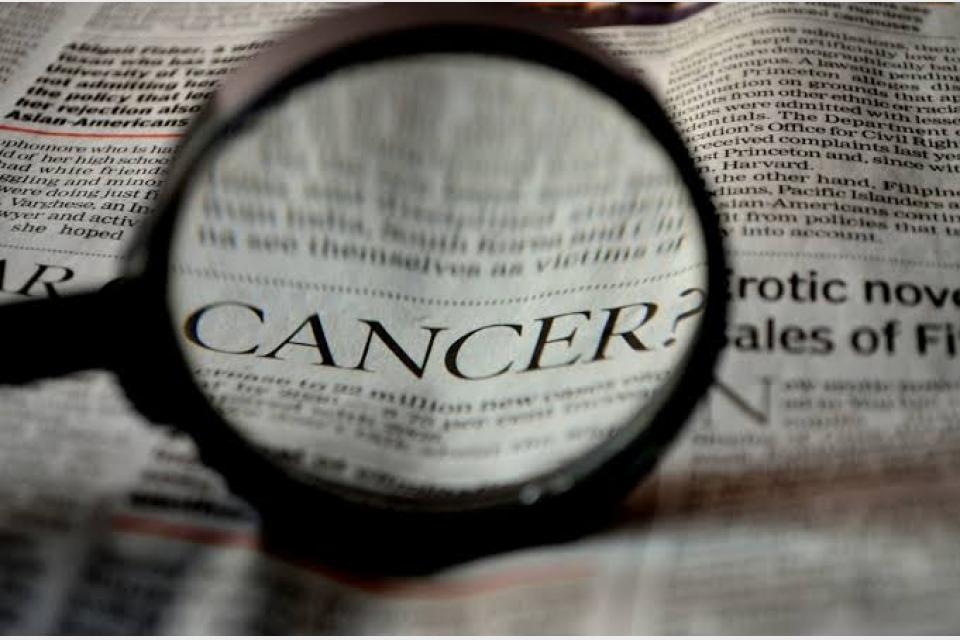In a surprising result for an ongoing medical trial, 12 rectal cancer patients were completely healed of the disease after taking a drug for six months. The patients underwent a series of medical exams — physical exam, endoscopy, bioscopy, PET scans, and MRI scans — and none of the reports showed any signs of the tumour.
The findings were published in a paper in the New England Journal of Medicine. The paper lists the names of 32 authors.
The initial purpose of this study was listed to find out whether the study drug, TSR-042 (commonly called dostarlimab), followed by standard chemoradiotherapy and standard surgery is an effective treatment for advanced deficient MisMatch Repair (dMMR) solid tumours.
The medical trial was supported by the Simon and Eve Colin Foundation, GlaxoSmithKline, Stand Up to Cancer, Swim Across America, and the National Cancer Institute of the National Institutes of Health.
Participants of the trial with mismatch repair-deficient stage II or III rectal adenocarcinoma were given the drug every three weeks, for six months. According to the initial plan, the treatment was to be followed by standard chemotherapy and surgery, and patients who had a clinical complete response would proceed without both. After at least six months of follow-up, all 12 patients showed a clinical complete response with no signs of the tumour.
At the time of publication of the paper (June 5, 2022), no patients had received chemoradiotherapy or undergone surgery, and no cases of progression or recurrence had been reported during follow-up that ranged from six to 25 months.
“It’s what cancer doctors’ dreams are made of,” Dr. Andrea Cercek, a co-author of the paper and an oncologist at the Memorial Sloan Kettering Cancer Centre in New York, said while speaking to CNN. Explaining how the drug used in the trial works, she said, “Dostarlimab works by unlocking the body’s natural immune system to fight cancer. When we give immunotherapy like [with] dostarlimab, it ramps up the immune system so that it sees cancer and gets rid of it,” she added. “What’s remarkable here is that it completely eliminated cancer. The tumours just vanished.”
Another notable highlight of the trial is that none of the participants reported significant severe side effects. According to The New York Times, around 3-5% of patients who take checkpoint inhibitors (like dostarlimab) show severe complications. The absence of significant side effects shows that they “either they did not treat enough patients or, somehow, these cancers are just plain different,” Dr. Alan P. Venook, a colorectal cancer specialist at the University of California, San Francisco, who was not involved with the study, was quoted as saying.
Commenting on the trial, Dr. Hannah K. Sanoff of North Carolina Cancer Hospital said that although the results are optimistic, the treatment procedure used in the study cannot replace the current curative treatment approach. “Patients who have a clinical complete response after chemotherapy and radiation therapy have a better prognosis than those who do not have a clinical complete response, yet cancer regrowth occurs in 20 to 30% of such patients when the cancer is managed nonoperatively,” she wrote in an editorial on the trial. She also added that in order to provide further information on patients who might benefit from immunotherapy, subsequent trials should aim for “heterogeneity in age, coexisting conditions, and tumour bulk”.
According to the listing on clinicaltrials.gov, the estimated date of primary completion of the study is November 30, 2023. The estimated date of the completion of the study is November 30, 2025.









